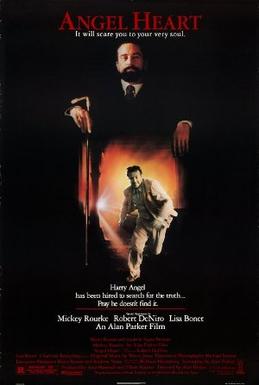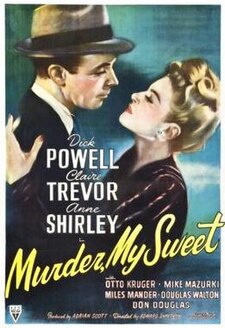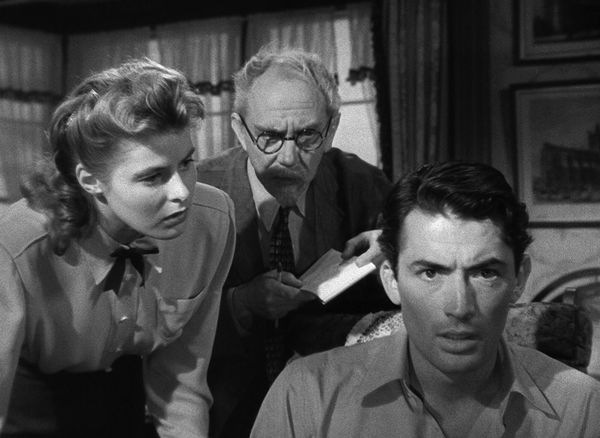The Big Heat (1953)

Fritz Lang's The Big Heat is like a grandfather to modern, action-packed crime thrillers from Steven Seagal to Die Hard to Taken. It doesn't have their graphical violence or choreographed scenes of mayhem, but the characters, twists, and almost vigilante justice make it seem surprisingly modern. And has that car bomb scene been copied somewhere because it feels very familiar?
The Big Heat has a faster pace than other films I've reviewed this far. It paints its characters with broad strokes, but Lang manages to make them feel like people still. They don't have deep histories, there are no unneeded details to their schemes, and Lang ties loose ends on a personal, emotional level. It's so much like a typical action film that it's odd how noir it still is.
Glenn Ford shines as Bannion, who's more interested in justice than law or his career. He also has good chemistry with both his wife and Debby. Lee Marvin is also perfect in his slimy dirtbag role. I guess I like the whole cast. The direction is top-notch, and Lang's faster tempo is a welcome change from the earlier, slower films.
I had my hopes high for this due to Fritz Lang, and I didn't have to disappoint. It wasn't exactly as I imagined it, but as a fan of 80s trash, I had no issues in enjoying this missing link between the golden age of Hollywood and straight to video action
Fritz Lang's The Big Heat is like a grandfather to modern, action-packed crime thrillers from Steven Seagal to Die Hard to Taken. It doesn't have their graphical violence or choreographed scenes of mayhem, but the characters, twists, and almost vigilante justice make it seem surprisingly modern. And has that car bomb scene been copied somewhere because it feels very familiar?
The Big Heat has a faster pace than other films I've reviewed this far. It paints its characters with broad strokes, but Lang manages to make them feel like people still. They don't have deep histories, there are no unneeded details to their schemes, and Lang ties loose ends on a personal, emotional level. It's so much like a typical action film that it's odd how noir it still is.
Glenn Ford shines as Bannion, who's more interested in justice than law or his career. He also has good chemistry with both his wife and Debby. Lee Marvin is also perfect in his slimy dirtbag role. I guess I like the whole cast. The direction is top-notch, and Lang's faster tempo is a welcome change from the earlier, slower films.
I had my hopes high for this due to Fritz Lang, and I didn't have to disappoint. It wasn't exactly as I imagined it, but as a fan of 80s trash, I had no issues in enjoying this missing link between the golden age of Hollywood and straight to video action








